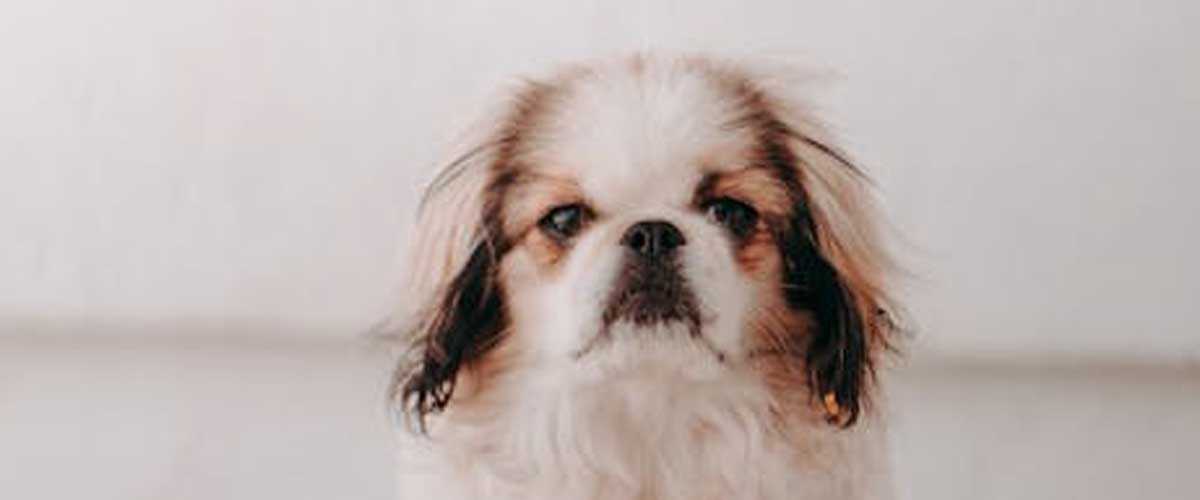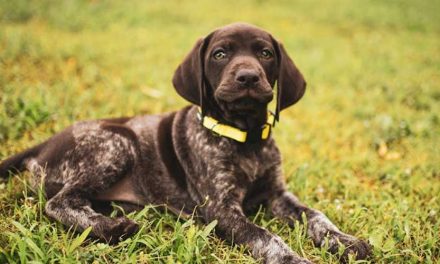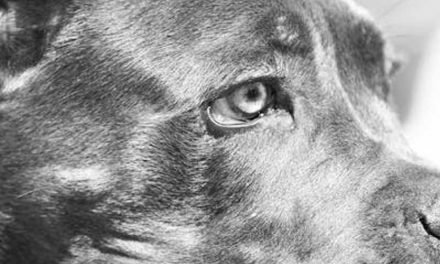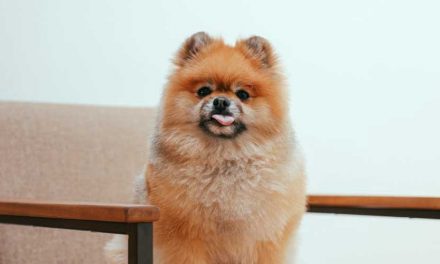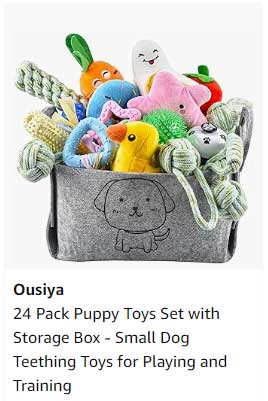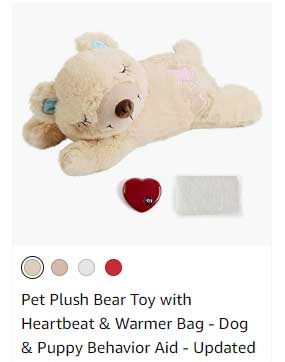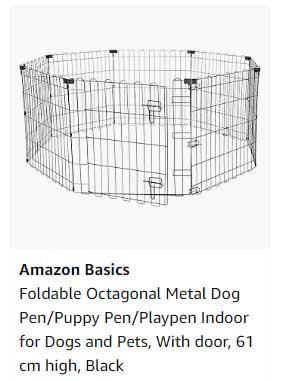The Japanese Chin, a breed steeped in history and elegance, is not just a delightful companion but also a symbol of grace and beauty.
Known for their charming personalities and distinctive physical features, these small dogs have captured the hearts of many worldwide.
History
The origins of the Japanese Chin are somewhat shrouded in mystery, but it is widely believed that they descended from small toy breeds brought to Japan from China over a thousand years ago.
They quickly became a favorite among Japanese nobility and were often seen in the courts of emperors, symbolizing prestige and luxury.
The breed was prized not only for its looks but also for its unique personality.
The Japanese Chin was recognized by the American Kennel Club (AKC) in 1888 and has since gained popularity as a companion dog.
Physical Traits
The Japanese Chin is a toy breed characterized by its small size, usually weighing between 4 to 9 pounds and standing about 8 to 11 inches tall.
They have a delicate, proud bearing, with a long, flowing coat that can come in various colors, including black, white, red, and various combinations.
One of the most distinguishing features is their feathered tail, which they carry elegantly over their back.
Their expressive eyes and sweet face contribute to their endearing appearance, making them a favorite among dog lovers.
Temperament
With a loving and playful disposition, Japanese Chins make excellent companions.
They are known for their affectionate nature and often form strong bonds with their families.
Despite their small size, they possess a confident and sometimes mischievous attitude, making them quite entertaining.
Japanese Chins are intelligent and quick learners, although they may exhibit a bit of independence.
Early socialization and training are important to help them develop into well-rounded pets.
They are generally good with children and other pets when properly socialized.
Care and Maintenance
Grooming a Japanese Chin requires regular attention due to their long coats, which can become tangled and matted without proper care.
Weekly brushing and occasional baths will help keep their fur in good condition.
Additionally, regular dental care is vital, as small breeds can be prone to dental issues.
Due to their small size, Japanese Chins are well-suited for apartment living.
They thrive in environments where they can receive plenty of attention and playtime.
However, they don’t require extensive exercise; short daily walks and play sessions are typically sufficient to keep them happy and healthy.
Health Considerations
Japanese Chins are generally healthy dogs, but like all breeds, they are prone to specific health issues.
Potential concerns include patellar luxation, heart problems, and eye conditions.
Regular veterinary check-ups and a balanced diet can help mitigate some health risks.
Conclusion
The Japanese Chin is a breed that combines beauty, charm, and a loving disposition.
Their history as companions to royalty and their delightful personalities make them a cherished addition to many families.
Whether you are looking for a playful friend or a serene lap companion, the Japanese Chin is sure to bring joy and love into your home.

